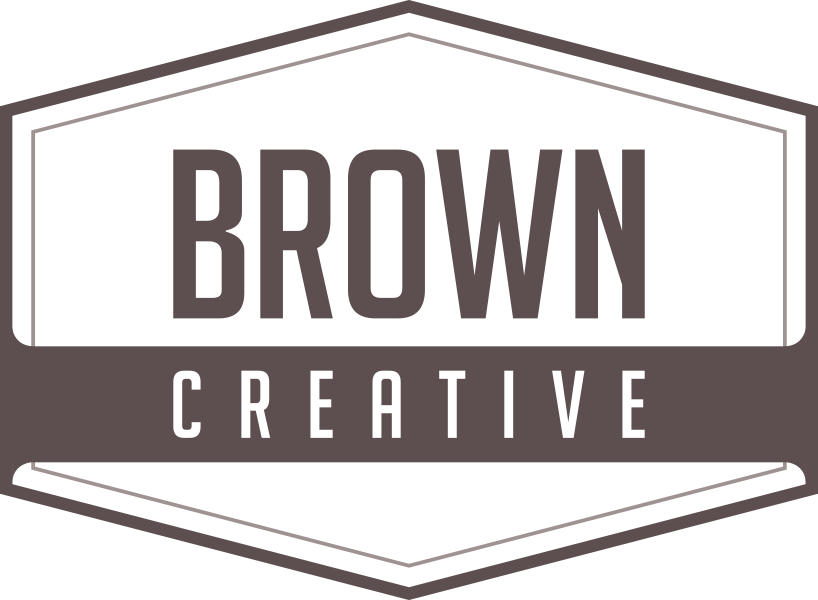In a world where consumers are always connected and constantly on the move, traditional marketing methods have quickly become outdated. Today, small business owners must adapt to the rapid changes in consumer behavior and technology to stay relevant and competitive. This blog post will explore the evolution of marketing from its traditional roots to the digital age, highlighting why old methods are no longer effective and how small businesses can thrive by leveraging new marketing strategies.
The Shift in Consumer Behavior
Over the past few decades, there has been a significant shift in how consumers interact with brands. Gone are the days when people relied solely on television ads, radio spots, or print media to learn about new products and services. Today’s consumers are more empowered and informed, thanks to the internet and social media. They can research, compare, and purchase products with just a few clicks, making it essential for businesses to be where their audience is.
This shift has dramatically impacted small businesses, which often relied on word-of-mouth and local advertising to attract customers. To keep up with the evolving landscape, small business owners need to understand the changing preferences and behaviors of modern consumers. This means adopting digital marketing strategies that can effectively target and engage their audience.
The Rise of Digital Marketing
Digital marketing has revolutionized the way businesses reach and engage with their customers. Unlike traditional marketing methods, digital marketing offers a wide range of channels and tools that allow businesses to connect with their audience in real-time. Here are some key digital marketing channels that have proven to be highly effective for small business owners:
1. Social Media Marketing: Platforms like Facebook, Instagram, and Twitter have become essential for businesses to build brand awareness and engage with their audience. Small businesses can use these platforms to share content, run ads, and interact with customers, creating a strong online presence.
2. Content Marketing: Creating valuable and relevant content is a powerful way to attract and retain customers. By producing blog posts, videos, infographics, and other forms of content, small businesses can position themselves as industry experts and build trust with their audience.
3. Email Marketing: Despite the rise of social media, email marketing remains one of the most effective ways to communicate with customers. Small businesses can use email campaigns to nurture leads, promote products, and keep their audience informed about new developments.
These digital channels offer small businesses the opportunity to reach a larger audience, track their marketing efforts, and adjust their strategies based on real-time data. This level of flexibility and control is something that traditional marketing methods simply cannot provide.
Challenges with Traditional Marketing
While traditional marketing methods such as print ads, TV commercials, and billboards have their place, they come with several limitations that make them less effective in today’s digital world. Here are some of the key challenges associated with traditional marketing:
1. Limited Reach: Traditional marketing methods are often confined to a specific geographic area, limiting the potential audience. In contrast, digital marketing allows businesses to reach a global audience, opening up new opportunities for growth.
2. Lack of Measurable Results: One of the biggest drawbacks of traditional marketing is the inability to track and measure results accurately. This makes it difficult for businesses to gauge the effectiveness of their campaigns and make data-driven decisions.
3. High Costs: Traditional marketing methods can be expensive, especially for small businesses with limited budgets. For example, running a TV commercial or placing an ad in a newspaper can be cost-prohibitive, making it challenging for small businesses to compete with larger companies.
Given these challenges, it’s clear that traditional marketing methods are no longer sufficient for small businesses looking to thrive in the digital age. Instead, they need to adopt more modern and cost-effective strategies that can deliver better results.
Leveraging Technology
Technology plays a crucial role in modern marketing, providing small businesses with the tools and resources they need to succeed. From automation to artificial intelligence, there are several ways that technology can enhance marketing efforts and drive growth. Here are some examples:
1. Marketing Automation: Automation tools can help small businesses streamline their marketing processes and save time. For instance, email marketing platforms like Mailchimp and HubSpot allow businesses to automate their email campaigns, ensuring that the right messages are sent to the right audience at the right time.
2. Customer Relationship Management (CRM) Systems: CRM systems like Salesforce help businesses manage their customer interactions and data more effectively. By centralizing customer information, businesses can better understand their audience and tailor their marketing efforts accordingly.
3. Data Analytics: With the abundance of data available, small businesses can use analytics tools like Google Analytics to track their marketing efforts and gain valuable insights into their audience’s behavior.
As technology continues to evolve, small businesses must embrace it as a critical component of their marketing strategies to stay competitive in the digital age.
The Importance of Data-Driven Decisions
In today’s data-driven world, making informed decisions is crucial for the success of any marketing strategy. Small businesses need to harness the power of data to understand their audience, track the performance of their campaigns, and make adjustments as needed. Here are some ways that data can shape effective marketing strategies:
1. Audience Insights: Data analytics tools like Google Analytics and Facebook Insights provide valuable information about the demographics, interests, and behaviors of your audience. This helps businesses create more targeted and relevant marketing campaigns.
2. Campaign Performance: By tracking key metrics such as click-through rates, conversion rates, and engagement levels, businesses can assess the effectiveness of their marketing efforts. This allows them to identify what works and what doesn’t, making it easier to optimize their campaigns for better results.
3. Competitive Analysis: Data can also help businesses understand their competitors and identify opportunities for growth. By analyzing industry trends and benchmarking against competitors, small businesses can stay ahead of the curve and make strategic decisions that drive success.
Building a Comprehensive Marketing Plan
To achieve maximum impact, small businesses need to integrate both digital and traditional marketing methods into a comprehensive marketing plan. Here is a framework to help you get started:
1. Define Your Goals: Start by setting clear and measurable marketing goals that align with your business objectives. This could include increasing brand awareness, generating leads, or boosting sales.
2. Identify Your Audience: Use data insights to understand your target audience and create detailed buyer personas. This will help you tailor your marketing efforts to meet their needs and preferences.
3. Choose Your Channels: Based on your audience and goals, select the most effective marketing channels for your business. This could include a mix of social media, content marketing, email marketing, and traditional methods like direct mail.
4. Create a Content Strategy: Develop a content strategy that provides value to your audience and supports your marketing goals. This could include blog posts, videos, social media content, and more.
5. Monitor and Adjust: Continuously track the performance of your marketing efforts and make adjustments as needed. Use data insights to optimize your campaigns and achieve better results.
Experience the Power of Integrated Marketing with Brown Creative
From the shift in consumer behavior to the rise of digital marketing and leveraging technology, it’s clear that traditional marketing methods are no longer effective for small businesses. To succeed in today’s digital world, small business owners must understand and adapt to the changing landscape by adopting modern marketing strategies. By embracing digital channels, leveraging technology, and staying ahead of trends, small businesses can not only survive but thrive.
By leveraging these technologies, small businesses can enhance their marketing efforts, improve efficiency, and achieve better results. At Brown Creative, we specialize in providing comprehensive and integrated marketing solutions for small businesses. Our team of experts can help you navigate the ever-changing digital landscape and develop a customized strategy that drives growth and success. Contact us today to learn more about how we can help your business thrive in the digital age.


